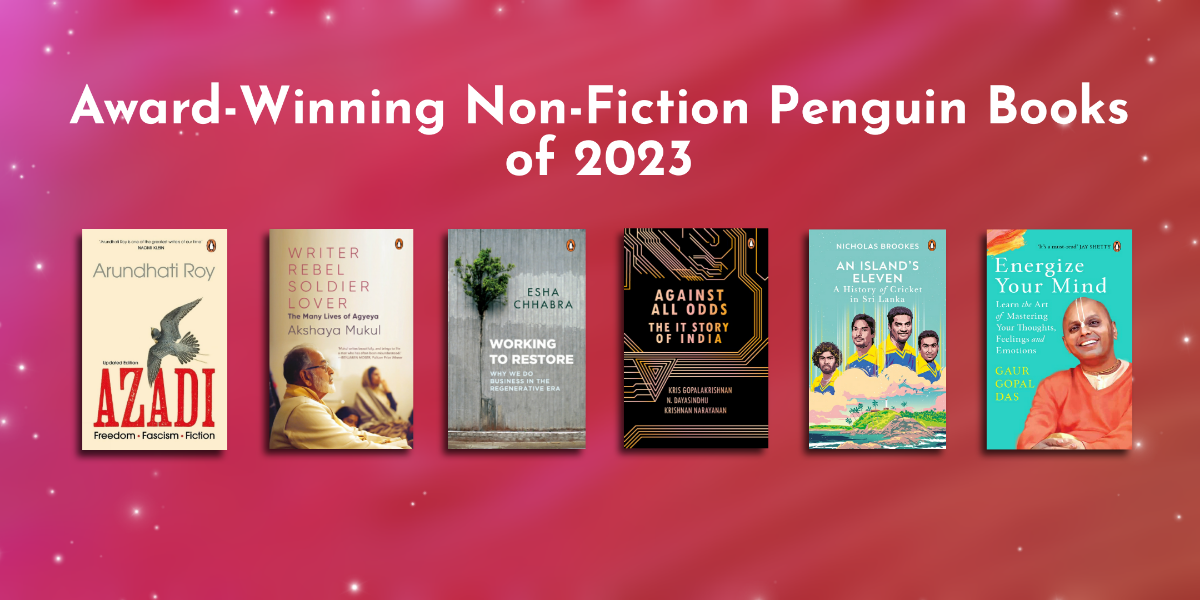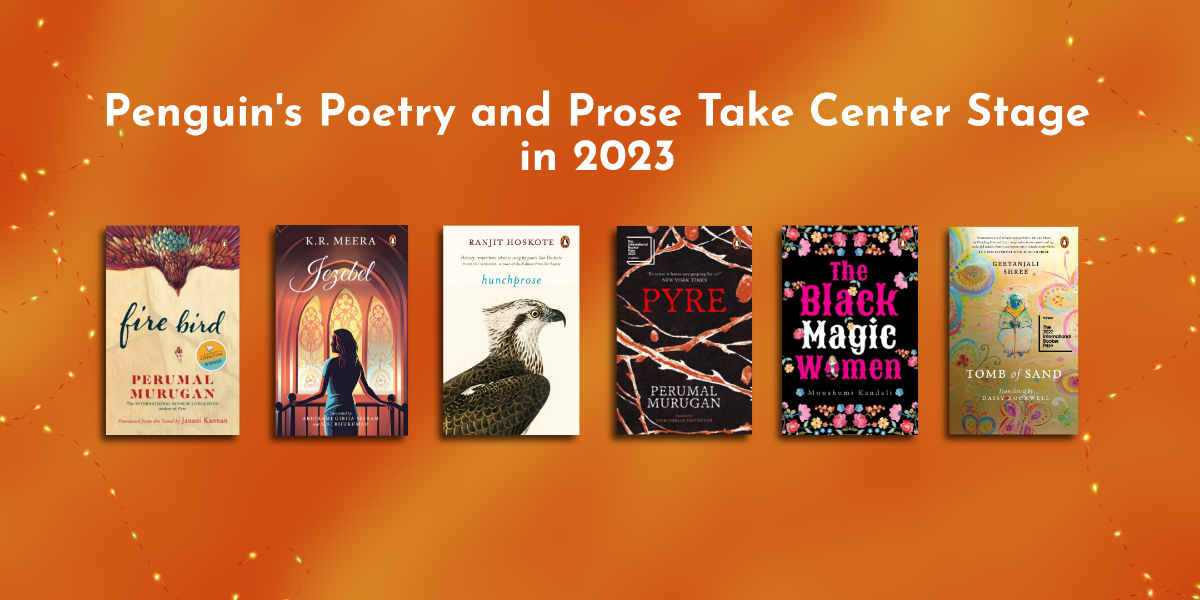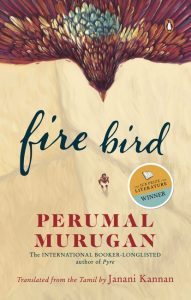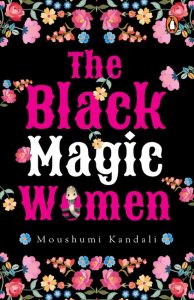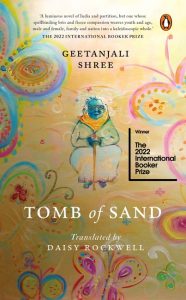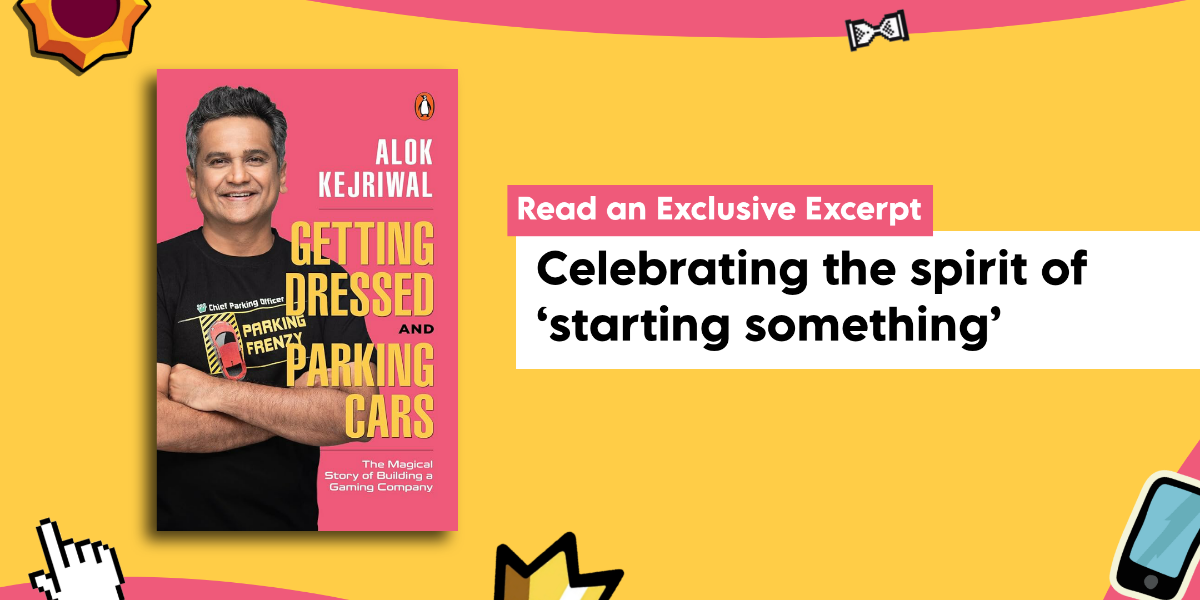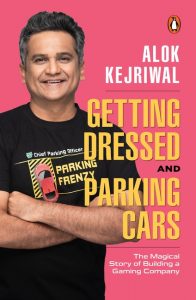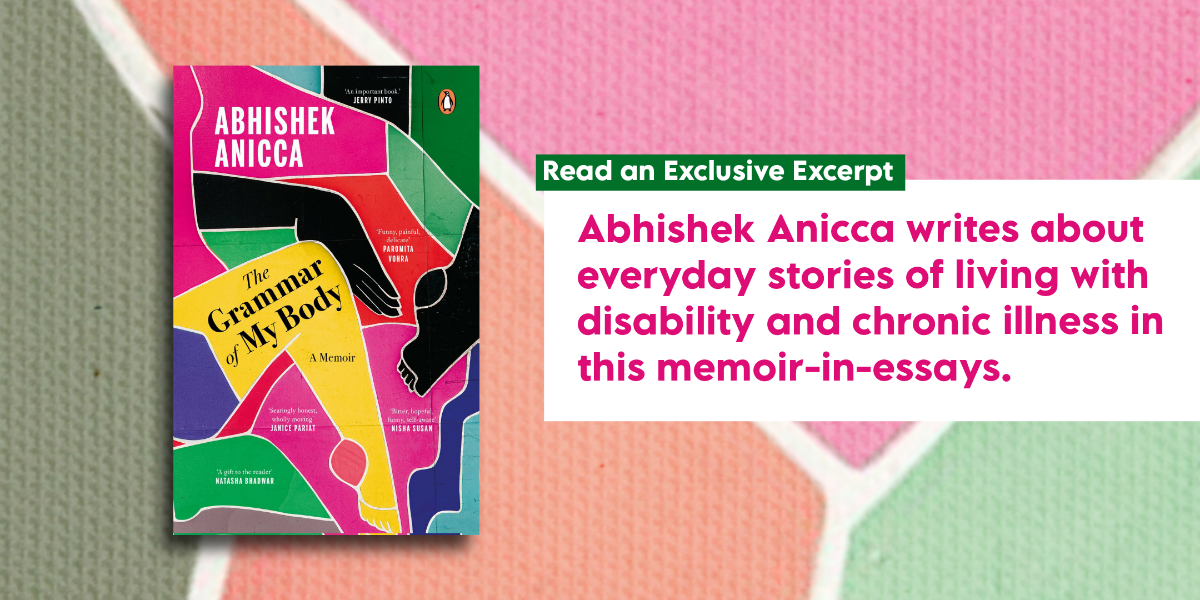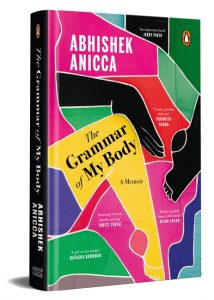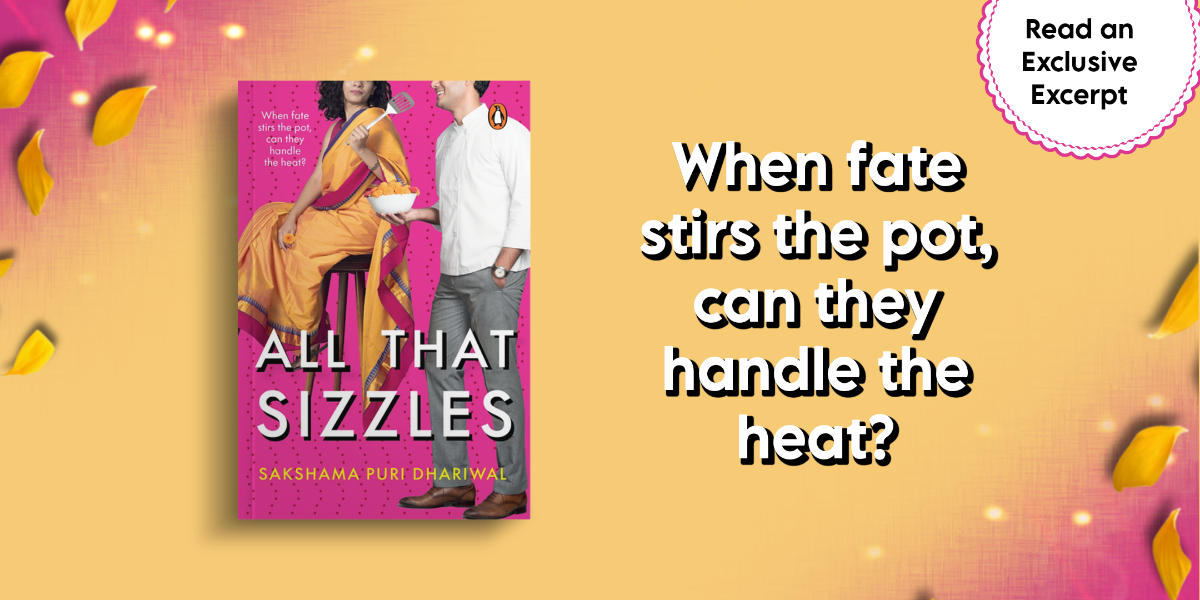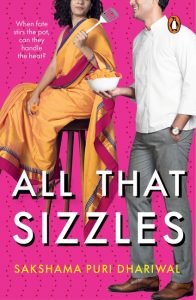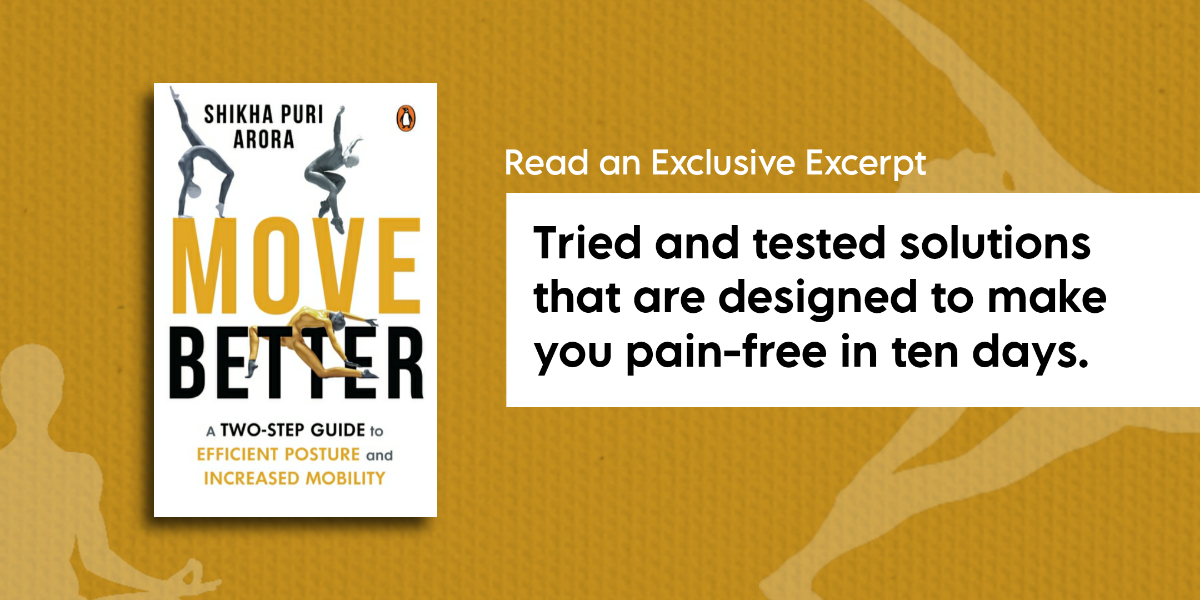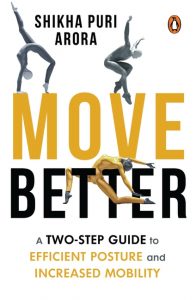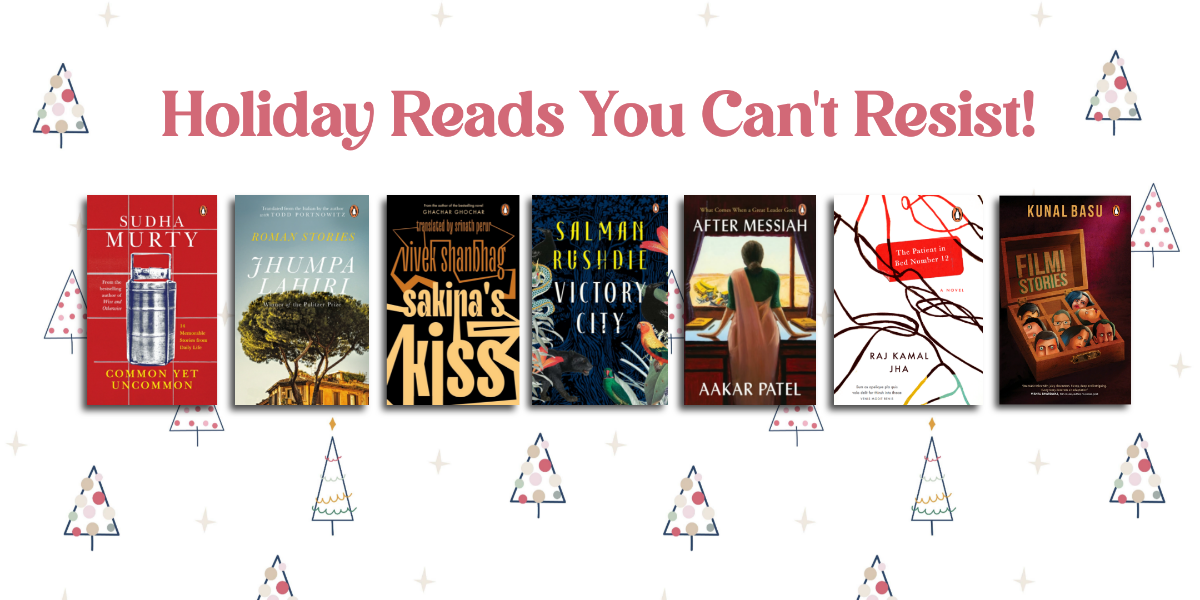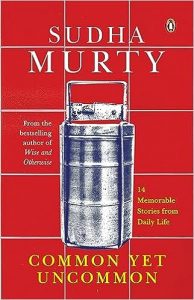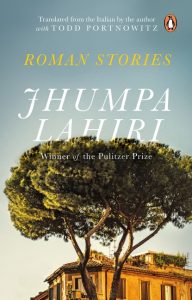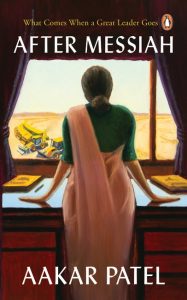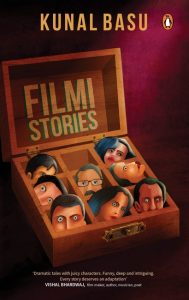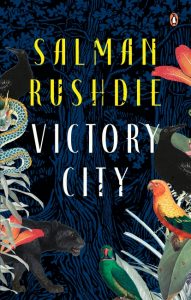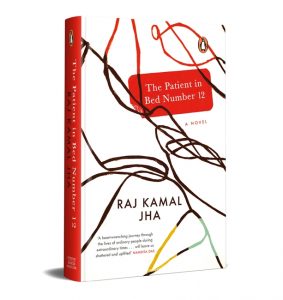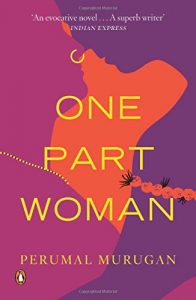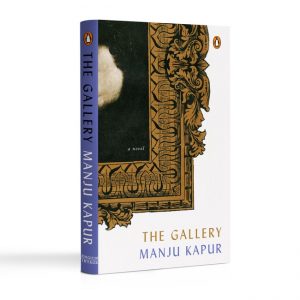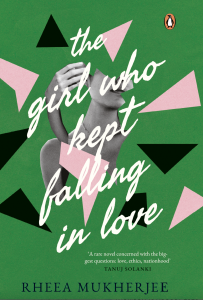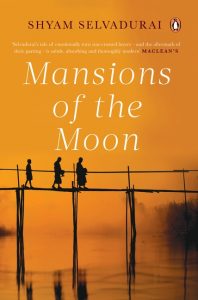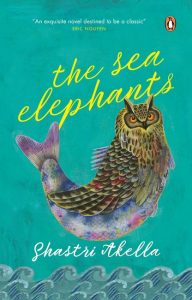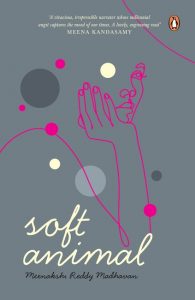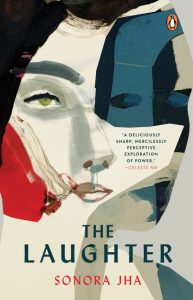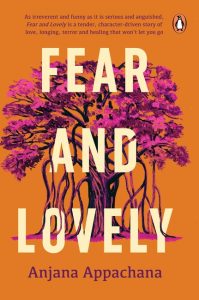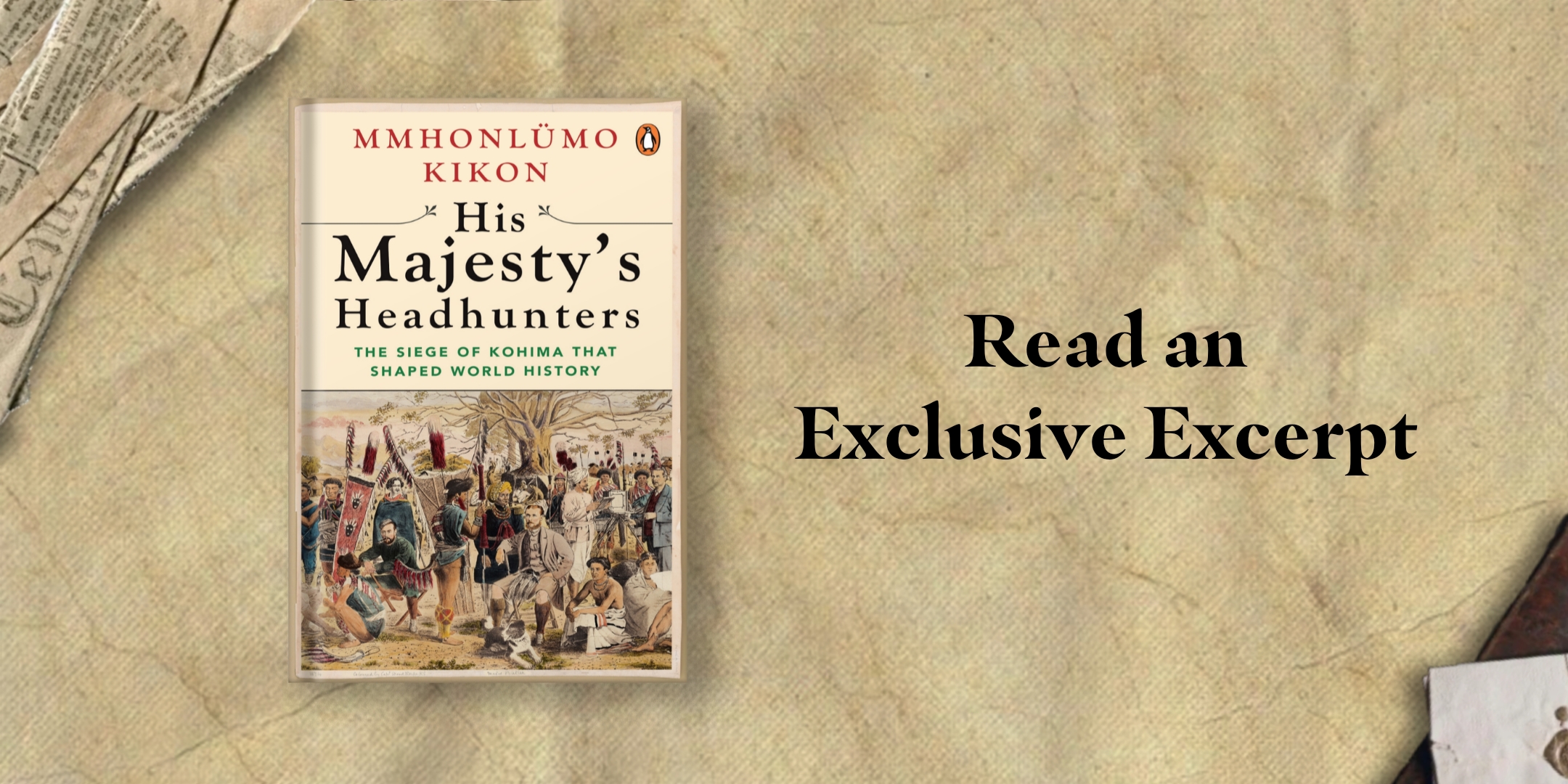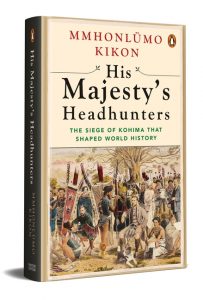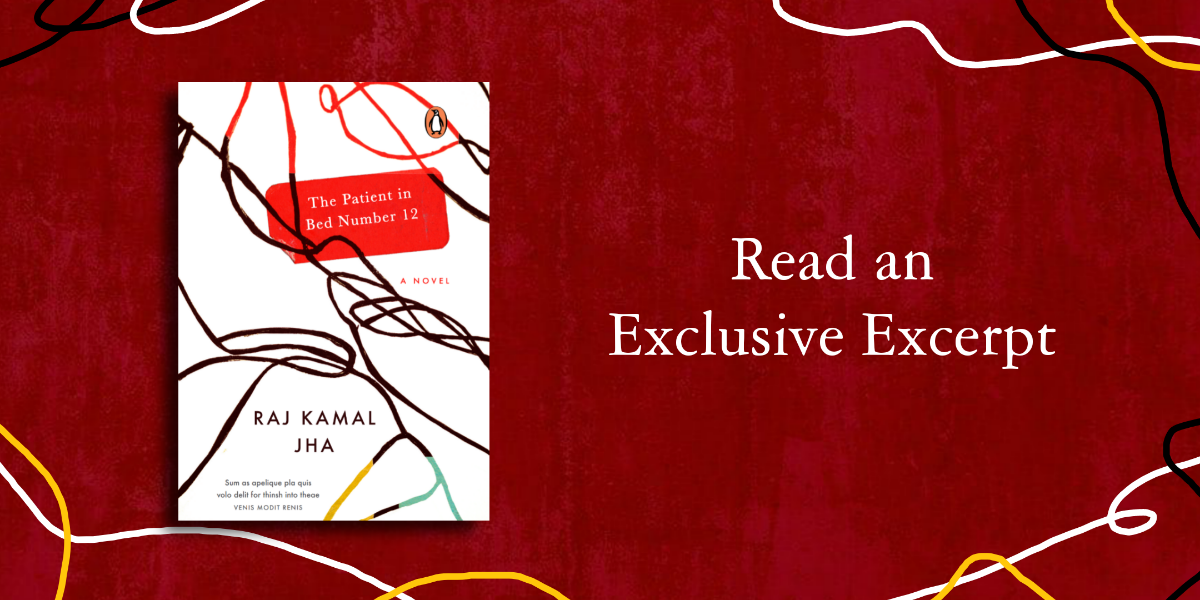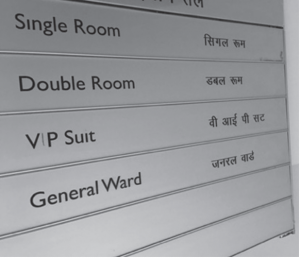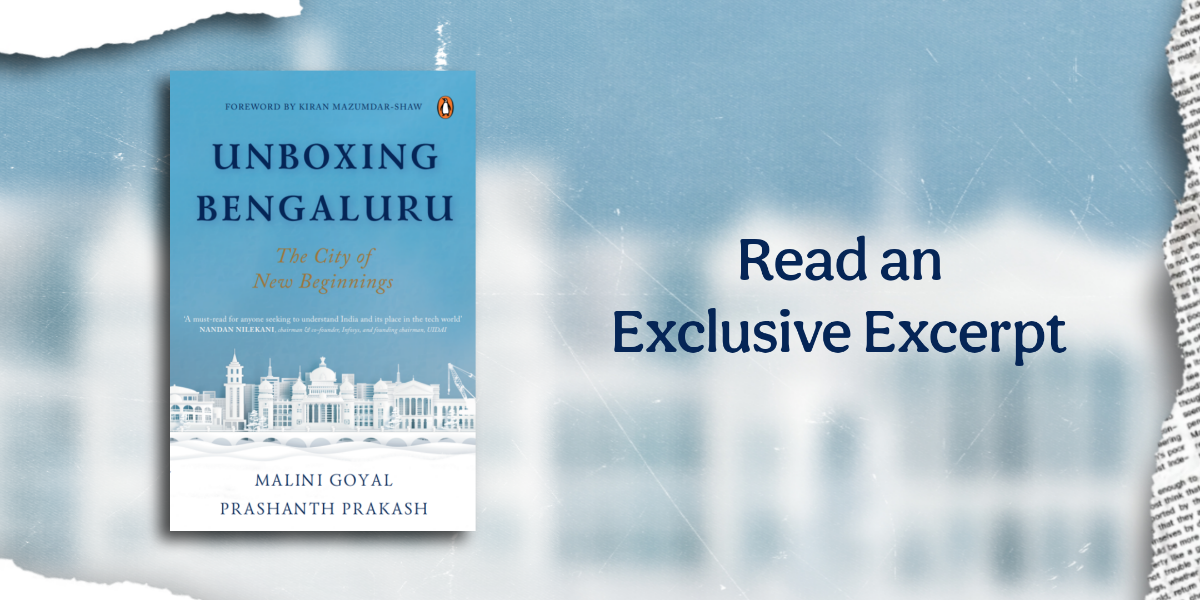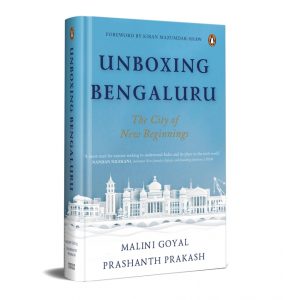Welcome, readers! Get ready to explore the incredible world of Penguin’s Award-Winning Non-Fiction Books of 2023. These are not just books; they’re stories that take you on adventures and help you see the world in a whole new light. Let’s dive in and discover the fascinating voices that made these books stand out this year!
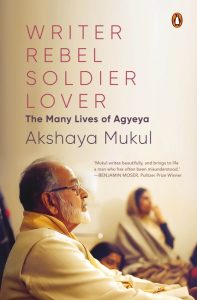
Writer, Rebel, Soldier, Lover features a formidable cast of characters: from writers like Premchand, Phanishwarnath Renu, Raja Rao, Mulk Raj Anand and Josephine Miles to Prime Minister Jawaharlal Nehru, revolutionary Chandra Shekhar Azad and actor Balraj Sahni. And its landscapes stretch from British jails, an intellectually robust Allahabad and modern-day Delhi to monasteries in Europe, the homes of Agyeya’s friends in the Himalayas and universities in the US. This book is a magnificent examination of Agyeya’s civilizational enterprise.
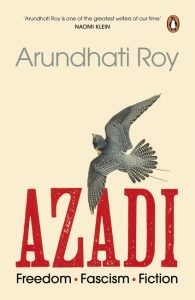
The chant of ‘Azadi!’ – Urdu for ‘Freedom’-is the slogan of the freedom struggle in Kashmir against what the Kashmiris see as the Indian Occupation. Ironically, it also became the chant of millions on the streets of India against the project of Hindu nationalism.
Even as Arundhati Roy began to ask what lay between these two calls for freedom-a chasm or a bridge?-the streets fell silent. Not only in India but all over the world. Covid-19 brought with it another, more terrible, understanding of Azadi, making a nonsense of international borders, incarcerating whole populations, and bringing the modern world to a halt like nothing else ever could.

Sixteen Stormy Days narrates the riveting story of the First Amendment to the Constitution of India-one of the pivotal events in Indian political and constitutional history, and its first great battle of ideas. Passed in June 1951 in the face of tremendous opposition within and outside Parliament, the subject of some of independent India’s fiercest parliamentary debates, the First Amendment drastically curbed freedom of speech; enabled caste-based reservation by restricting freedom against discrimination; circumscribed the right to property and validated abolition of the zamindari system; and fashioned a special schedule of unconstitutional laws immune to judicial challenge.Enacted months before India’s inaugural election, the amendment represents the most profound changes that the Constitution has ever seen. Faced with an expansively liberal Constitution that stood in the way of nearly every major socio-economic plan in the Congress party’s manifesto, a judiciary vigorously upholding civil liberties, and a press fiercely resisting his attempt to control public discourse, Prime Minister Jawaharlal Nehru reasserted executive supremacy, creating the constitutional architecture for repression and coercion.
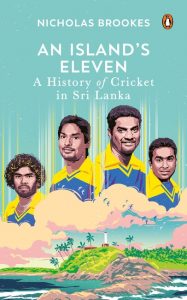
From Sathasivam to Sangakkara, Murali to Malinga, Sri Lanka can lay claim to some of the world’s most remarkable cricketers – larger-than-life characters who thumbed convention and played the game their own way. More so than anywhere else in the world, Sri Lankan cricket has an identity. This is the land of pint-sized swashbuckling batsman, on-the-fly innovators and contorted, cryptic spinners.

Working to Restore examines revolutionary approaches in nine areas: agriculture, waste, supply chain, inclusivity for the collective good, women in the workforce, travel, health, energy, and finance. The companies profiled are solving global issues: promoting responsible production and consumption, creating equitable opportunities for all, encouraging climate action, and more. Chhabra highlights how their work moves beyond the greenwashed idea of ‘sustainability’ into a new era of regeneration and restoration.
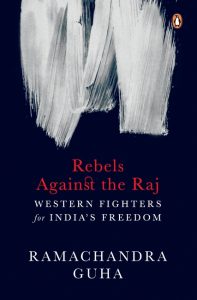
Rebels Against the Raj tells the story of seven people who chose to struggle for a country other than their own: foreigners to India who across the late 19th to late 20th century arrived to join the freedom movement fighting for independence from British colonial rule.
Of the seven, four were British, two American, and one Irish. Four men, three women. Before and after being jailed or deported they did remarkable and pioneering work in a variety of fields: journalism, social reform, education, the emancipation of women, environmentalism.
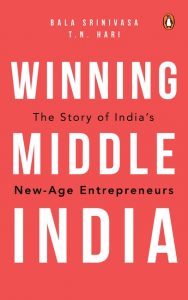
Is there a fundamental new catalyst that can significantly enhance access, affordability and quality of products and services to hundreds of millions of Indians? This catalyst is in the form of a new generation of start-up founders who are leveraging technology platforms, smartphone access, and rapid digitization of the Indian consumer. These young founders don’t carry the baggage of the past and are attracted to the opportunity of breaking open the massive market of Middle India-the next 400-500M Indians just below the top of the pyramid. This book is about this new and powerful force of change blowing across India-what it takes to harness this and reshape the destiny of this country.
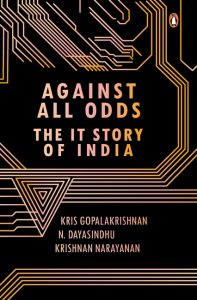
Against All Odds: The IT Story of India is an insider’s account and an anecdote-rich history of Indian IT over the last six decades. It taps into the first-hand experiences of Kris Gopalakrishnan and fifty other stalwarts
who built and shaped the IT industry. This is a tale of persistence and resilience, of foresight, of planning and being ready when luck knocks on the door, of a spirit of adventure and, above all, of an abiding sense of faith in technology and the belief that it would do good for India. It is a tale of triumph, and the best is yet to come!
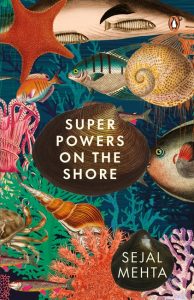
The Indian coastline hosts some magnificent intertidal species: solar-powered slugs, escape artist octopuses, venomous jellies, harpooning conus sea snails, to name just a few. It is as biodiverse as a forest wildlife safari, and twice as secretive. From bioluminescence and advanced sonic capabilities to camouflage and shapeshifting, these cloaked assassins are capable of otherworldly skill. Superpowers on the Shore by Sejal Mehta is a dazzling, assured look at some of the creatures with whom we share our world, our water, our monsoons, our beaches and the sandcastles therein.
Come witness the magic of our intertidal superheroes, their fragile beauty and their iridescent drama. Put on your waterproof shoes, pack a bottle of whimsy, bring your sense of wonder. And prepare to be mesmerized.
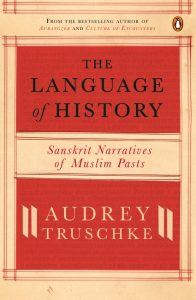
The Language of History analyses a hitherto overlooked group of histories on Indo-Muslim or Indo-Persian political events, namely a few dozen Sanskrit texts that date from the 1190s until 1721. As soon as Muslim political figures established themselves in northern India in the 1190s-when the Ghurids overthrew the Chauhan kingdom and ruled part of northern India from Delhi-Indian intellectuals wrote about that political development in Sanskrit. Indian men (and at least one woman) produced dozens of Sanskrit texts on Muslim-initiated political events. These works span Delhi Sultanate and Mughal rule, including texts that deal with Deccan sultanates and Muslim-led polities in the subcontinent’s deep south. India’s premodern learned elite only ceased to write on Indo-Muslim political power in Sanskrit when the Mughal Empire began to fracture beyond repair in the early eighteenth century. In other words, Sanskrit writers produced histories of Indo-Persian rule throughout nearly the entire time span of that political experience.
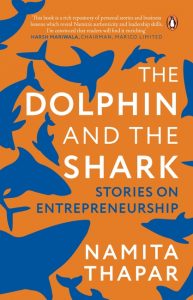
The Dolphin and the Shark is born out of Namita Thapar’s experiences of being a judge on Shark Tank India and running the India business of the pharma company Emcure as well as her own entrepreneurship academy. The book emphasizes how leaders of today need to strike a balance between being a shark (aggressive leader) and a dolphin (empathetic leader).
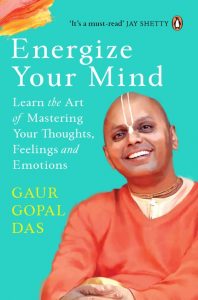
In this book, bestselling author and life coach Gaur Gopal Das decodes how the mind works. He combines his anecdotal style with analytical research to teach us how to discipline our mind for our greater well-being. Throughout this book, he provides interactive exercises, meditation techniques and worksheets to help us take charge of our mind.
This book is an essential read for anyone who wants to work towards a better, more fulfilling future for themselves.
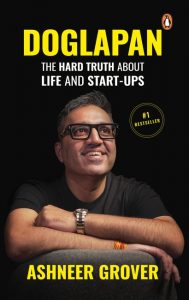
This is the unfettered story of Ashneer Grover-the favourite and misunderstood poster boy of Start-up India.
Raw, gut-wrenching in its honesty and completely from the heart, this is storytelling at its finest.
A young boy with a ‘refugee’ tag growing up in Delhi’s Malviya Nagar outpaces his circumstances by becoming a rank-holder at the pinnacle of academic excellence in India-IIT Delhi. He goes on to do an MBA from the hallowed halls of IIM Ahmedabad, builds a career as an investment banker at Kotak Investment Banking and AmEx, and is pivotal in the making of two unicorns-Grofers, as CFO, and BharatPe, as co-founder.
As a judge on the popular TV show Shark Tank India, Ashneer becomes a household name even as his life turns upside down. Controversy, media spotlight, garrulous social media chatter descend, making it difficult to distinguish fact from fiction.
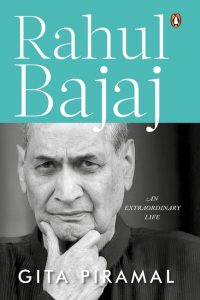
Rahul Bajaj is a billionaire businessman, the chairman emeritus of the Bajaj Group and a former member of Parliament. This book is not just the story of Rahul Bajaj but the story of India. The author takes us through the country’s transformation from the time Rahul Bajaj’s mother was imprisoned during the freedom struggle to the prism of his eventful life.
Based on unrestricted interviews, the book is full of anecdotes, business learnings and political asides. It is, at its core, a moving human story.
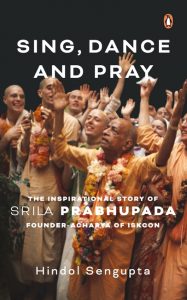
When A.C. Bhaktivedanta Swami Srila Prabhupada entered the port of New York City on 17 September 1965, few Americans took notice–but he was not merely another immigrant. He was on a mission to introduce ancient teachings of Vedic India to mainstream America. Before Srila Prabhupada passed away at the age of eighty-one on 14 November 1977, his mission was successful. He had founded the International Society for Krishna Consciousness (ISKCON), colloquially known as the ‘Hare Krishna Movement’, and saw it grow into a worldwide confederation of more than 100 temples, ashrams and cultural centers.
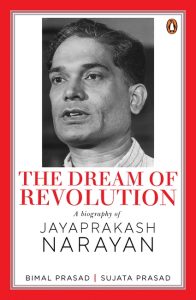
A comprehensive study of JP’s life and ideas-from the radicalism of his thought process at American university campuses in the 1920s to his political coming of age in the 1930s and subsequent disenchantment with Gandhi’s leadership; from his infectious confidence about the future of socialism to his seemingly naive plans to outmanoeuvre powerful forces within the Congress; from his fractious friendship with Jawaharlal Nehru to his relentless crusade against the stifling of dissent-The Dream of Revolution, Bimal and Sujata Prasad’s rigorously researched biography of JP, dispenses with clichés, questions commonly held perceptions and pushes the limits of what a biographical portrait is capable of.
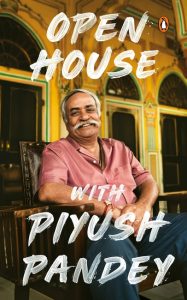
In Open House, Piyush Pandey takes the readers on a journey into his mind-his work, thoughts and experiences. He answers questions posed to him by people over the decades. Serious questions, incisive questions and frivolous questions. Is advertising a good career option? Should ad agencies work for political parties? Why does Ogilvy work for the BJP? Should citizens take the law into their own hands if they don’t like the advertising? Is Ogilvy a lala company? What is the future of advertising? Is Piyush Pandey too old to be in this business?
Honest, irreverent and informative, this is a roller-coaster ride with Piyush Pandey and Anant Rangaswami who has skilfully curated the book. With its practical wisdom and deep insights, Open House will both entertain and enlighten you.
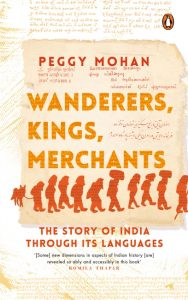
One of India’s most incredible and enviable cultural aspects is that every Indian is bilingual, if not multilingual. Delving into the fascinating early history of South Asia, this original book reveals how migration, both external and internal, has shaped all Indians from ancient times. Through a first-of-its-kind and incisive study of languages, such as the story of early Sanskrit, the rise of Urdu, language formation in the North-east, it presents the astounding argument that all Indians are of mixed origins.It explores the surprising rise of English after Independence and how it may be endangering India’s native languages.
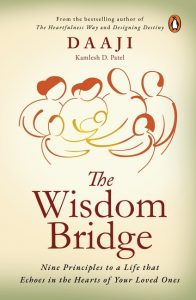
Daaji in The Wisdom Bridge offers nine principles to guide you, the reader, to live a life that inspires your children and your loved ones. These principles are important references for parents, parents-to-be, grandparents and caregivers to create fulfilling and happy lives. They will not only help you enrich the lives of your children and raise responsible teenagers, but pave the way for an inspired life and resilient bonds in your family.
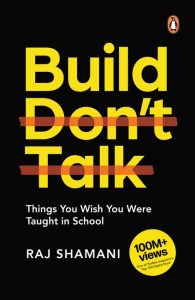
School taught us specific subjects, like maths and history.
But we weren’t taught:
How to sell
Or how to build relationships
Or how to negotiate
Or how to take care of our mental health
Or how to network
Or how to deal with personal finance
These most important situations we face as adults were never discussed with us when we were students. We weren’t taught these skills in school, and this makes all the success stories we hear about seem out of reach; it makes us feel dumb. We aren’t dumb, we just don’t know how to work the system.







